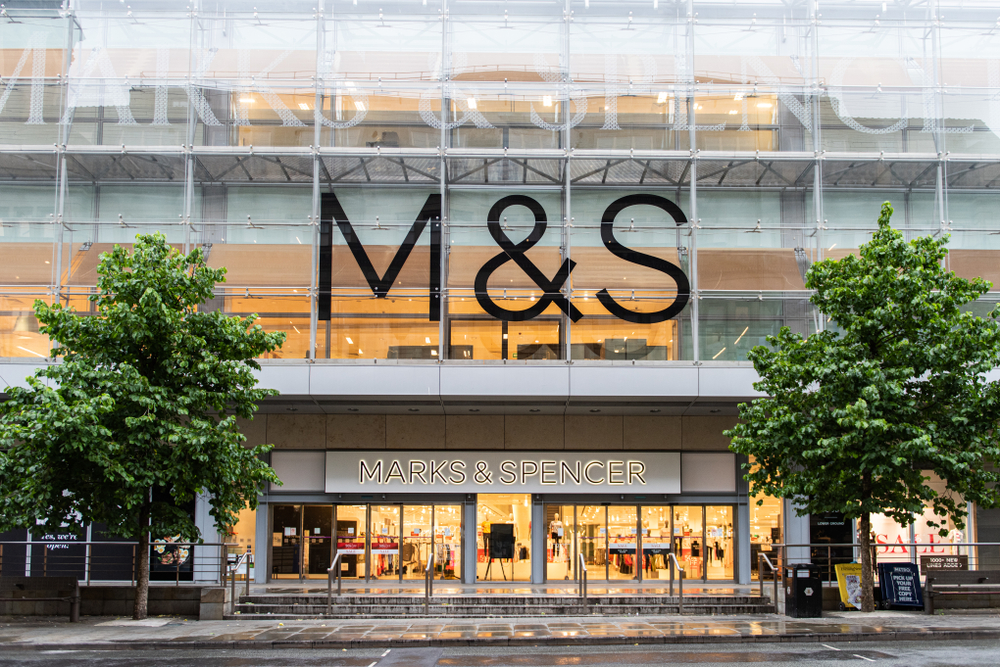Chancellor Jeremy Hunt has announced his Spring Budget, with the energy price guarantee extended for another three months; fuel duty remaining frozen; and an annual AI prize of £1mn announced. However, the budget failed to change business rates to reflect the current inflation rate, or scrap the “tourist tax”, causing disappointment from the retail industry.
Helen Dickinson, chief executive of the British Retail Consortium, said: “Government inaction will now cost the retail industry £470mn extra every year in business rates – money that could have been better spent improving our town and city centres, investing in lower prices, and maintaining jobs and commerce all over the UK. How can a whopping 6.7% tax rise in April be justified, when the Chancellor himself is saying inflation is forecast to be nearer 2%.
“This rise in rates does not exist in a vacuum – retailers are also contending with cost pressures throughout the supply chain, in the context of the largest increase to the National Living Wage on record.
“Government has had five years to fix the problems with business rates, as they promised in their election manifesto. Retailers pay over £7bn a year in business rates – over 22% of the total raised by the tax. This is disproportionate, destructive, and any Government that is serious about growing the economy must address this as a matter of urgency.”
John Webber, head of business rates at Colliers, added: “As always the devil is in the detail and today the detail revealed that the Chancellor has extended the period for which an occupier must occupy a property to gain empty rates relief from six weeks to thirteen weeks.
“This is a kick in the teeth for those retail or leisure landlords who are unable to find a tenant for their property, who will end up paying considerably more in business rates for a property from which they are receiving no income. This is likely to deter property investment and values in an already distressed market.
“We were also disappointed to see that the Chancellor did not extend the retail, hospitality and leisure relief for small companies that he announced in November. The temporary nature of the relief requires an annual review which leaves many businesses unable to plan for more than a year in the future. No pub, restaurant, café or small shop can realistically plan for the future if they are peering over the cliff edge of a 75% increase in their rates bill next year. The Chancellor should have given these businesses some confidence by confirming that the relief will be in place until at least until the next revaluation in 2026.”
Helen Brocklebank, CEO at Walpole, the official sector body for UK luxury, representing brands like Burberry, Harrods and Claridge’s and Jo Malone London, commented: “Despite plenty of rhetoric about boosting productivity and foreign direct investment, chancellor Jeremy Hunt scored a huge own goal at today’s Spring Budget by not scrapping the “tourist tax”. It’s a massive missed opportunity to unlock the power of this much needed growth driver for the country.
“By reintroducing VAT-free shopping for international visitors, policymakers could cement Britain’s position as a world-renowned shopping destination, encourage more inward investment and support hundreds of thousands of jobs across regional supply chains. Instead, retailers may now struggle to keep pace with continental competitors; British retailers, including luxury brands, are estimated to already be losing £1.5bn per year as international visits opt to spend in France, Italy and Spain, where tax-free shopping schemes remain in place.”
However there was a positive reaction from the Institute of Export and International Trade to the news that the VAT threshold for small businesses would be raised from £85,000 to £90,000.
Marco Forgione, director general at the Institute of Export and International Trade, noted: “Small businesses are the lifeblood of our economy, and getting more of them trading internationally is essential to sparking growth in the UK economy. In the UK it is estimated that 99% of UK businesses are SMEs, but that only 9% of these are exporters.
“The Chancellor quite rightly talked about encouraging more working aged people into work, tapping in to the UK’s talent pool, but there was nothing about helping get the skills businesses need. We called for action to help MSMEs access the Apprenticeship levy and employ apprentices but there’s was a gap in addressing the wider skills agenda. News of additional support for Energy Secretary Claire Coutinho and the allocation of up to £120m of additional funding to the green industries growth accelerator to build supply chains for new technology is to be welcomed and will help build UK resilience. There is more to do though on the UK’s wider import strategy which has to form part of the UK long term plan for business growth.
“The confirmation that the fuel duty freeze and 5p cut are positive and will help tackle inflation, particularly for the UK’s essential haulage and logistics sector.”
Stay informed
Our editor carefully curates two newsletters a week filled with up-to-date news, analysis and research, click here to subscribe to the FREE newsletter sent straight to your inbox and why not follow us on LinkedIn to receive the latest updates on our research and analysis.









